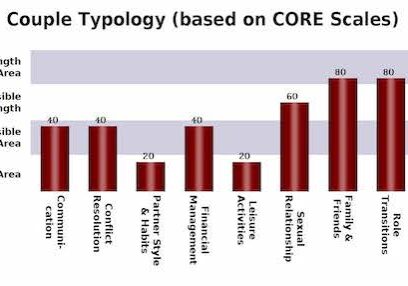Last month, people from throughout the USA and Canada converged in Austin, Texas, for Apostolic Moral Purity’s 2nd annual Vanguard Conference.
The conference kicked off with a powerful opening session, “Set Free to Be Free,” delivered by UPCI General Superintendent David Bernard. This session set the tone for the rest of the event.
The emphasis of the conference was to help pastors and church leaders be able to understand and assist people in their respective congregations to overcome pornography and sexual addictions.
We learned about the AMP Recovery Model as well as the Hijacked Brain. We were given tools for recovery and heard how to help betrayed spouses, young adults, and women with sexual addictions.
From there, we had a class on guarding our families against the snares of the internet and a class for pastors only. The conference wrapped up learning about life after recovery.
If you have someone in your congregation who deals with pornography or other type of sexual brokenness, there is help available. You can access the resources of Apostolic Moral Purity.
Current AMP Resources
Currently, Apostolic Moral Purity has support and recovery groups for men, women, and betrayed wives. Each group is doing a phenomenal job of helping to restore hope.
We also have expert one-on-one clinical help when needed, which is most of the time. Pornography use is an attempt to meet a legitimate need illegitimately. It will not be overcome alone.
Pornography and sexual addictions can be overcome most effectively by accessing the proper group setting and receiving clinical assistance. Add participation in the home by the spouse, family, and church. Each of these areas needs accountability incorporated, and each part needs to work in connection with Jesus Christ Himself.
You can access our Facebook page, YouTube channel, and website. Feel free also to contact me if you need more information.
You might also like these articles...
Idealistic Distortion
Idealistic Distortion is a term Prepare/Enrich uses for pre-marital or marriage counseling. Idealistic Distortion measures the extent to which a person distorts the relationship in a positive direction. A scale of 1-100 is used to measure Idealistic Distortion. A score below 40 indicates a more realistic approach to describing the relationship. However, a score above…
Self Diagnosing
Confusion reigned for a moment. I knew I was on my back. It was dark all around me. I could have checked the time, but realizing my glasses were not on, I would not have been able to decipher the numerals. I was in bed. Why was I awake? Then it dawned on me. I…
I Just Assumed …
How many times have you said or thought these words, “I just assumed …?” How many times have you heard these words, “I just assumed …?” Every time we assume, we open the possibility of conflict, stress, anxiety, etc. Not only are we impacted by these negative emotions, but the subject or subjects of our…




